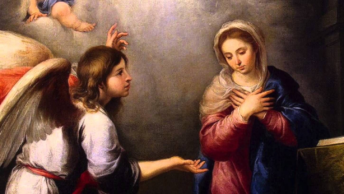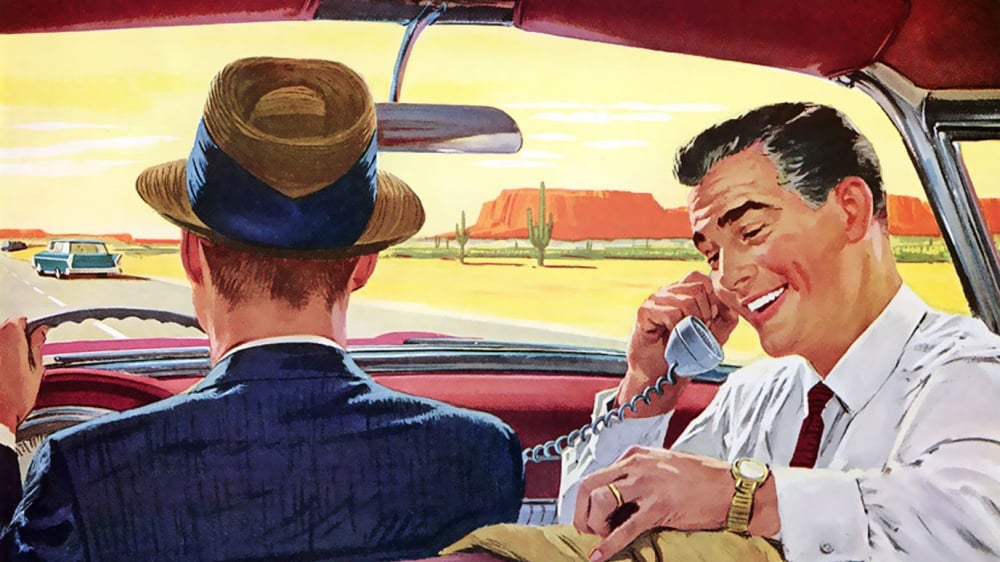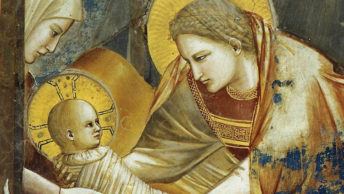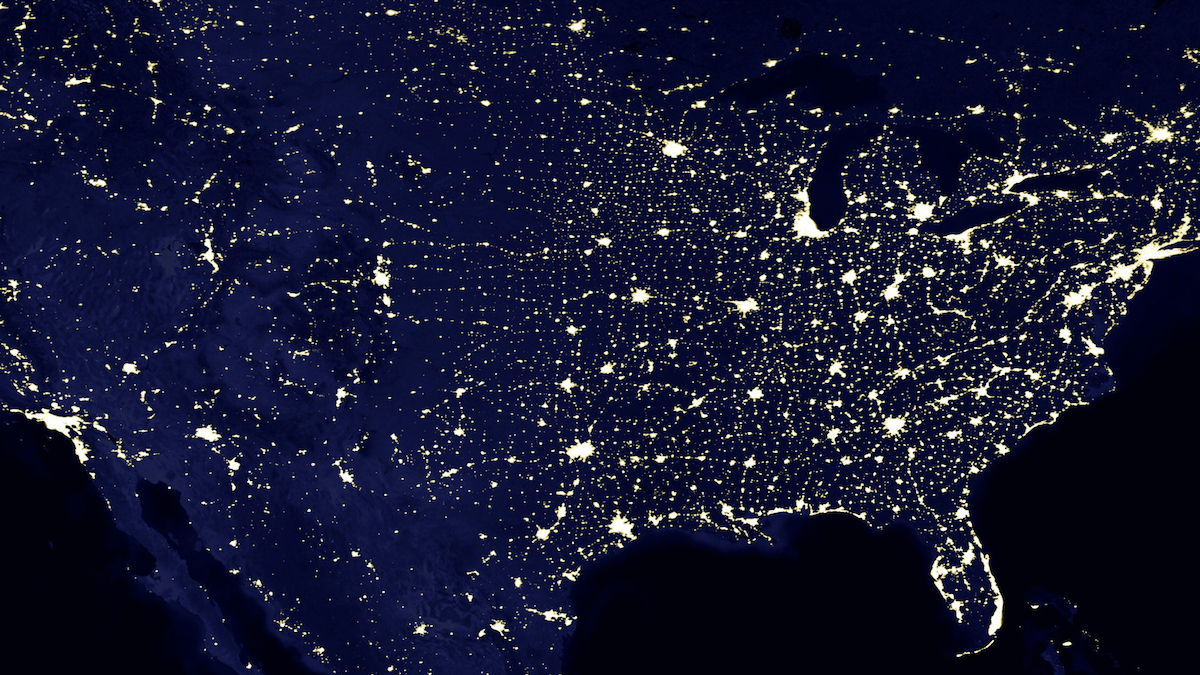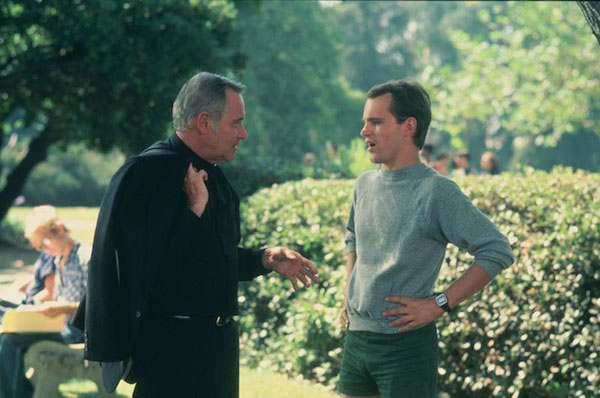
In the Gospel of Matthew, we are introduced to the person of John the Baptizer. His demeanor is quite off-putting: he dresses strangely; his diet is rather mundane if not gross; and he pulls no punches when preaching. While we may be attracted to the Baptizer as a biblical and literary figure, would we be so accepting were he to become our pastor?
On “Black Friday,” I watched the film “Mass Appeal” which stars Jack Lemmon, Charles Durning, and Zeljko Ivanek. Fr. Farley has become quite comfortable in his parish. He is popular and preaches what his congregation wants to hear. He is asked to take a young deacon, Deacon Dolson, under his wing to teach him how to be more appealing to the people of God. Instead, the brash, idealistic deacon teaches the old pastor about the true nature and calling of the priesthood. During the course of the film not only do the pastor and rector of the seminary get shaken up, so do the parishioners of Fr. Farley’s parish.
That is precisely what John the Baptizer does to first century Palestine: he shakes up the status quo. He preaches what needs to happen before Isaiah’s vision becomes a reality: If the wolf is to be a guest of the lamb and the calf and young lion are to browse together, then the dead wood has to be cut down and burned; true repentance needs to take place. It is too easy to grow complacent and miss the message of the Gospel. We get used to life as it is instead of striving to create life as it should be. Fr. Farley, like the Pharisees and Sadducees, like many of us, become comfortable with maintaining the status quo rather than exerting a little extra effort to bring about change in the world.
In the Advent season, when we wait for the Lord, what are we doing? In other words, how do we wait? Is our waiting passive or active? Do we expect things to change without any effort on our part? Do we simply presume that God will make things right in his own time? Or do we actively engage one another in working for peace and justice. The Gospel calls us to repentance and to active participation as a response to the gift of eternal salvation.
As we anticipate the great feast of Christmas, may each of us actively work to make Isaiah’s vision a reality in our lifetime.



